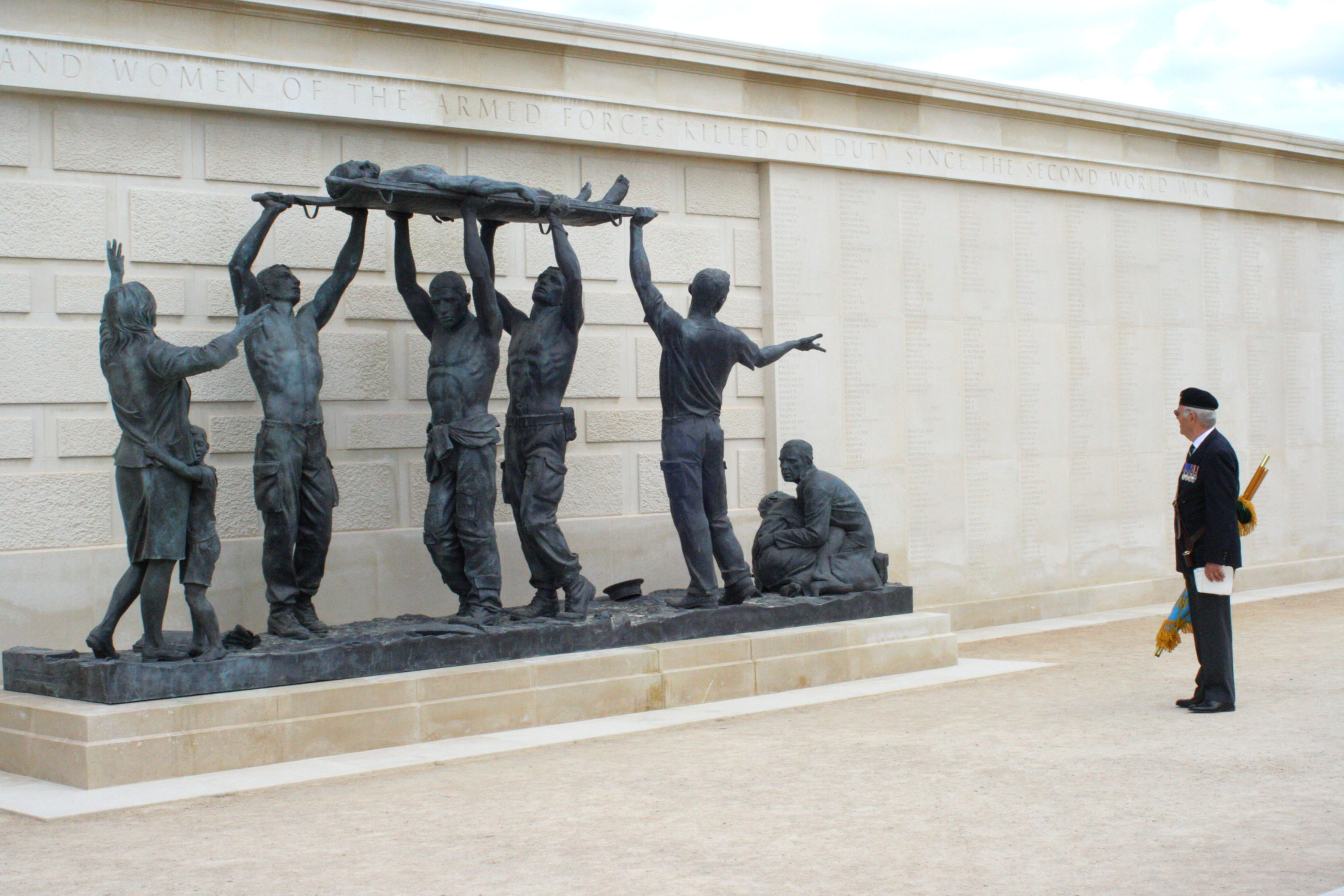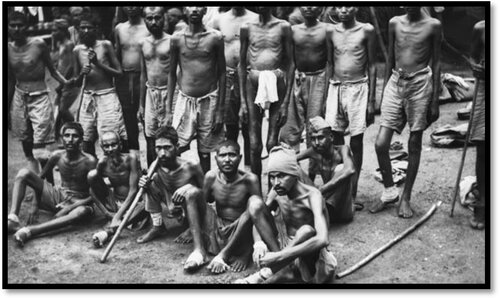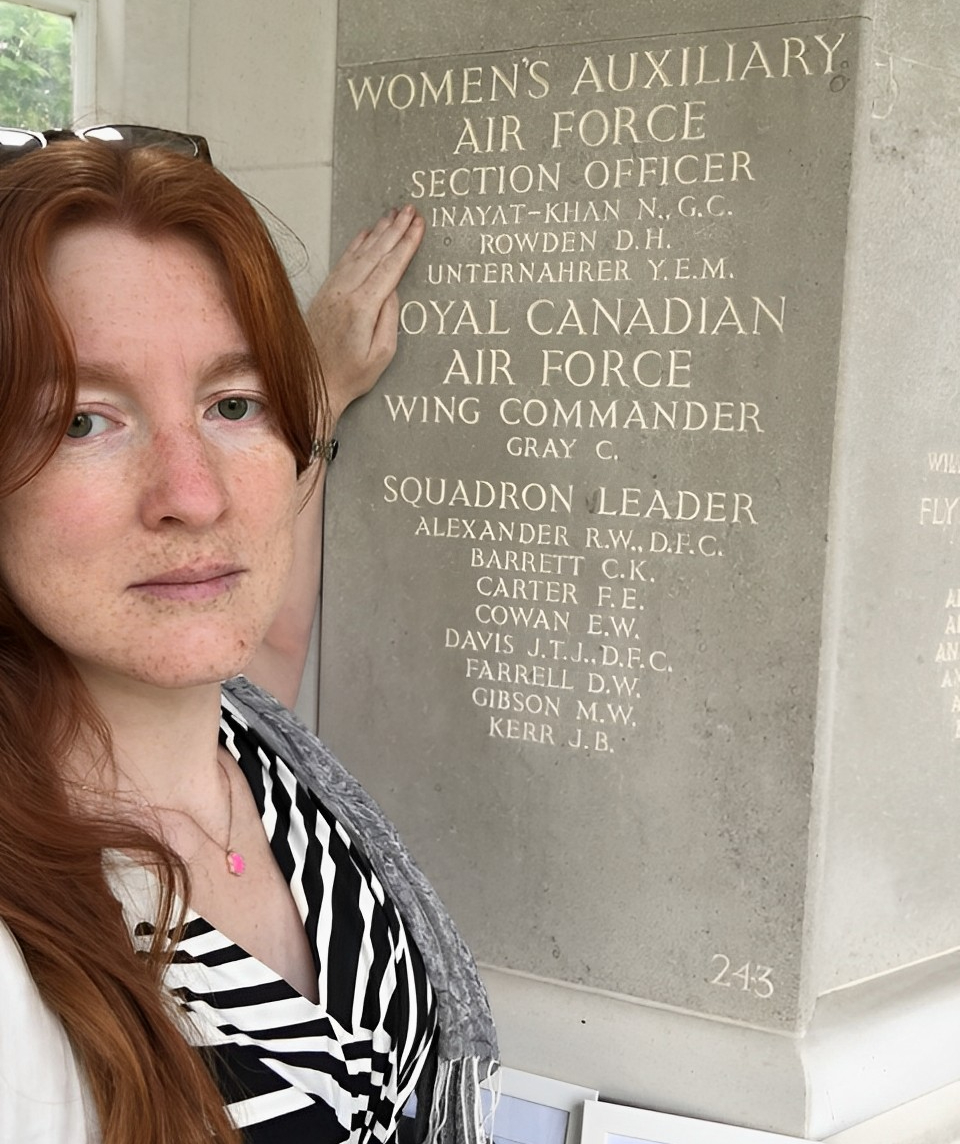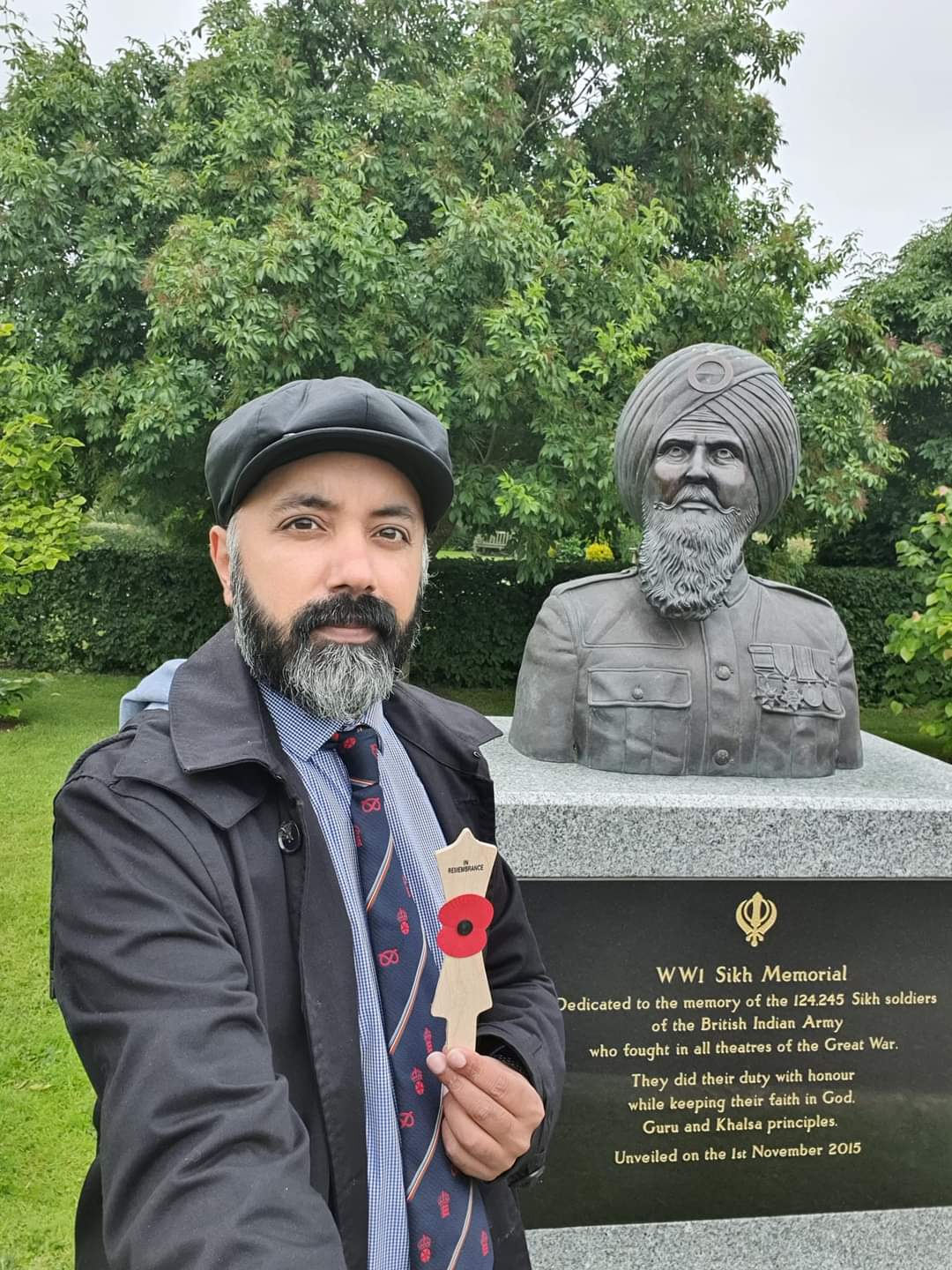
The National Memorial Arboretum
Exploring some of the memorials with South Asian connections at the year-round centre for Remembrance.

By mid-1945, the war in Europe had ended but for those fighting Imperial Japan, the war waged on. For the thousands of prisoners of the Japanese, some captured as early as 1942, harsh treatment, malnutrition and poor living conditions had taken a devastating toll.
Muhammad Ismael Khan, a Muslim Baluchi, captured with his men during the fall of Singapore, was forced to live on a near starvation diet for over three years. He remembered the final days of war and liberation in August 1945.
“Towards the evening I was walking along the barbed wire when a man came up giving me a thumbs up all the time … and I suspected something must be happening. I came back and told my friends. By then our rations had been reduced to just four ounces of vegetables and six ounces of rice. We were selling watches, socks, anything we had, even down to our blankets to buy something to eat … I said, ‘let’s eat today, I think the war is over’.
… I was watching the sky again and a P38 American fighter turned up, that was a delightful sight … In the evening a Japanese General turned up and said the war was finished … then a day or two later some British officers came. At that same time the Japanese started pouring rations into us, rations we hadn’t seen for three and a half years. Rations which had been stored in dumps … suddenly appeared – things like tins of meat and vegetables, stew, bully beef, stacks of butter, tins of salmon … We were really having a ball.” [1]
After the war Colonel Khan would serve in the new Pakistani government, eventually retiring to the UK in 1986, he died in Oxford in September 1995. [2]
1 M.I. Khan, Oral History (1990), Imperial War Museum Sound Archive, Reel 11 (extracts).
2 Image Ref: Indian POW’s upon Liberation in 1945, Australian War Memorial (AWM Ref No: 096911)


Exploring some of the memorials with South Asian connections at the year-round centre for Remembrance.

An aviation enthusiast’s special mission to honour a Second World War agent in occupied France.

The Indian Army Memorial Room stands as a tribute to the rich history and enduring spirit of the Indian soldiers of the British Indian Army.

The story behind the tribute to commemorate the service of Sikh members of the Armed Forces.

The first of the Trust’s projects is the South Asian Heritage Month (SAHM), which first took place in 2020 and runs from the 18th of July to the 17th of August each year.
SAHM seeks to commemorate, mark and celebrate South Asian cultures, histories, and communities.
It seeks to understand the diverse heritage and cultures that continue to link the UK with South Asia.


© South Asian Heritage Trust | All Rights Reserved